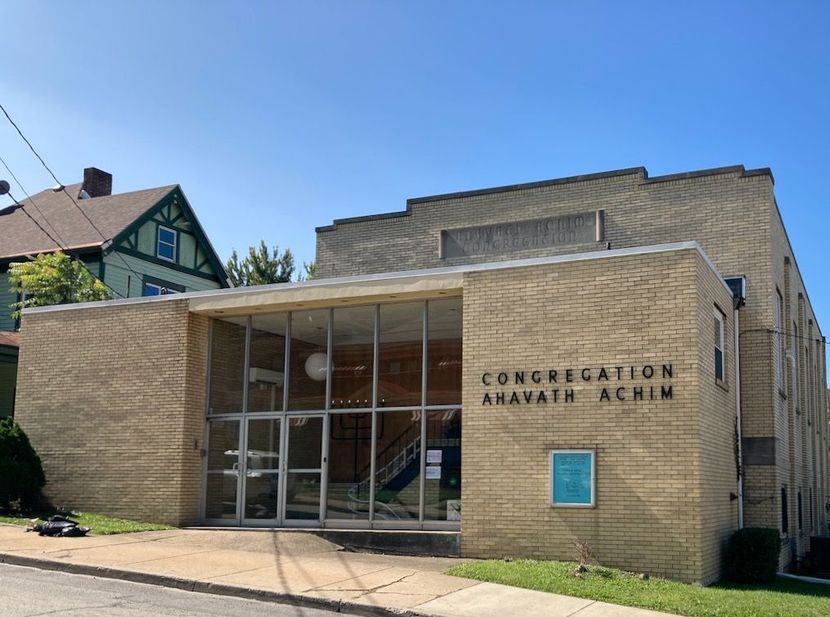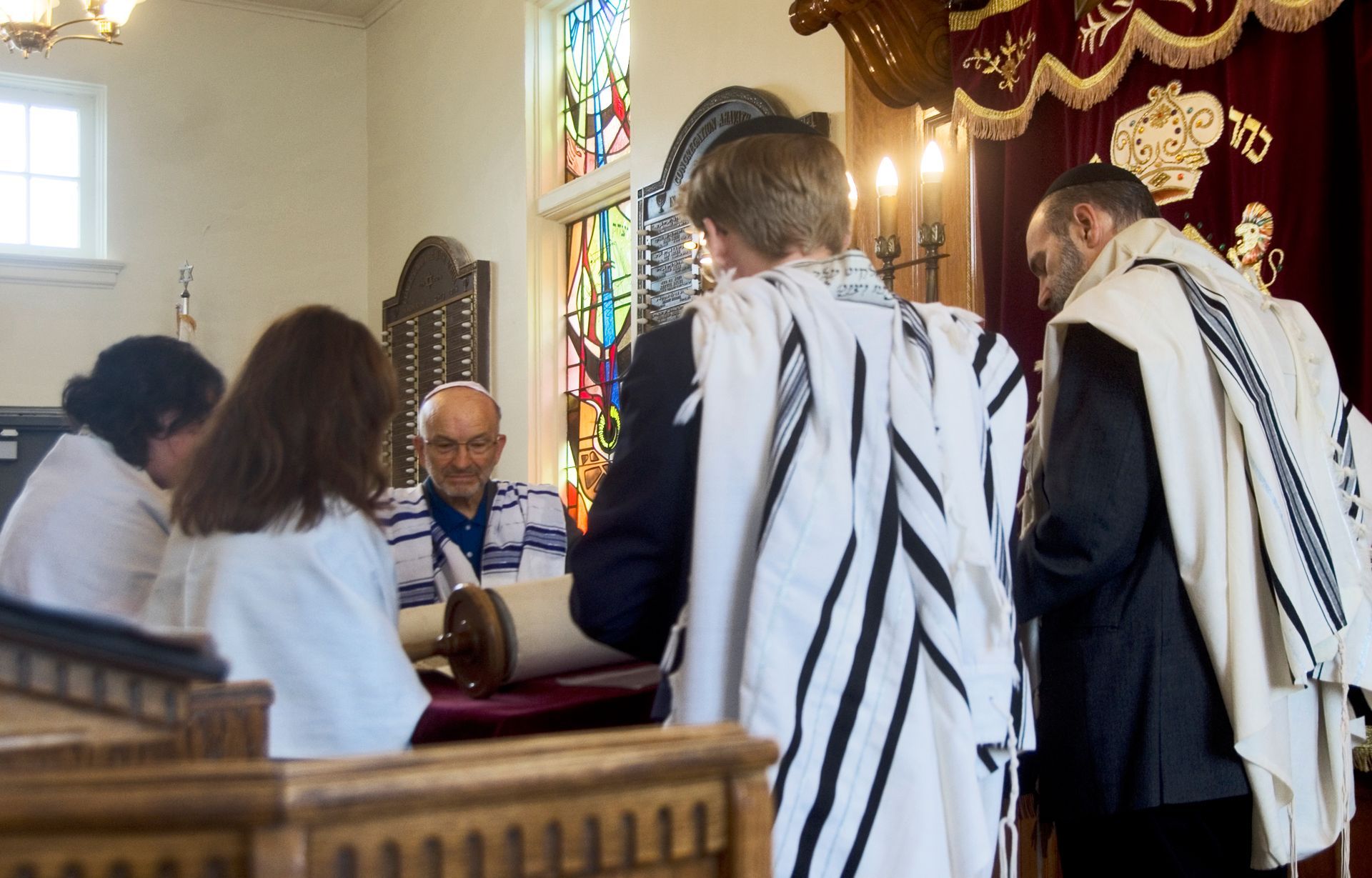City skyline
Photo By: John Doe
Button
HOSTING SERVICES SINCE 1903
Since 1903, The Carnegie Shul has been hosting services for the Jewish Community in Carnegie, PA, just 10 minutes from Pittsburgh. We welcome you to learn more about our organization and joins us every Saturday.




